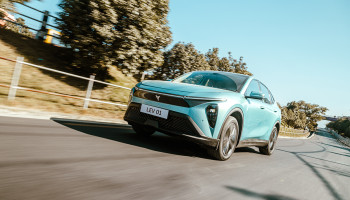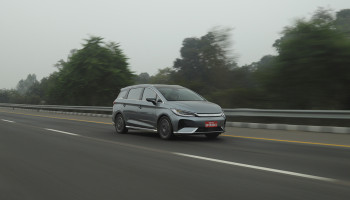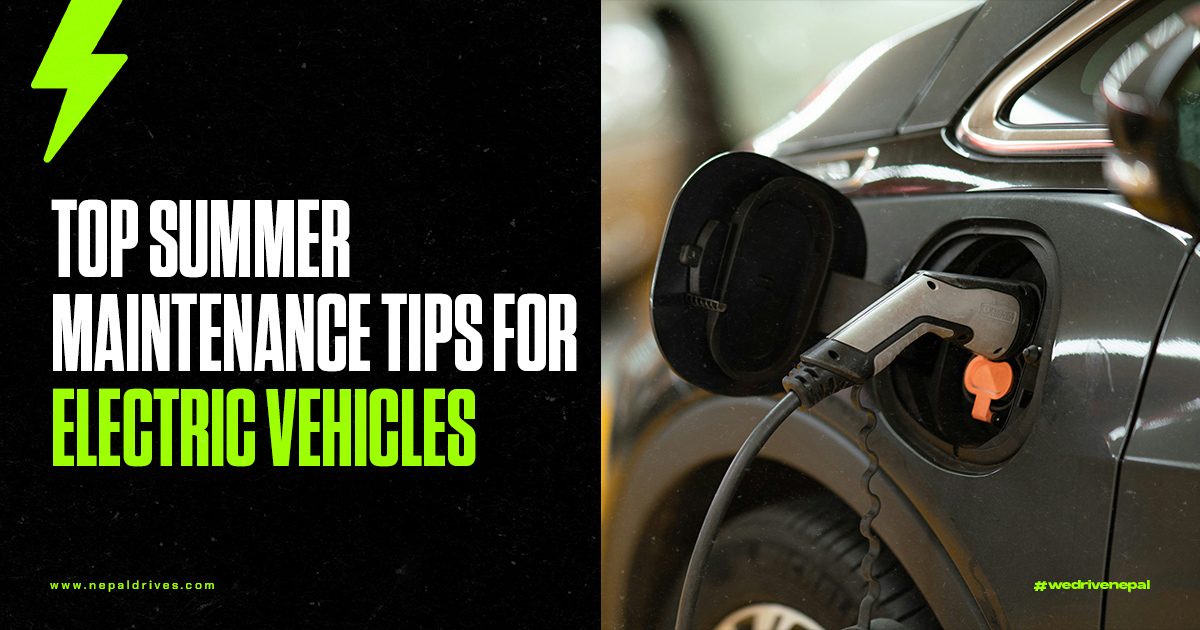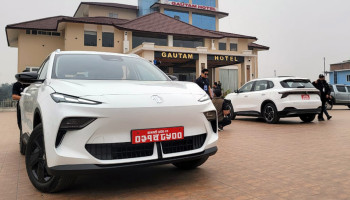As summer reaches its peak, owners of electric vehicles (EVs) may be thinking about ways to ensure optimal performance of their cars during the warmer months. Whether you're experienced with EV ownership or just starting, understanding the essentials of summer vehicle maintenance is of utmost importance.
Considering the frequent government advisories regarding extreme heat, exercising caution and implementing preventive measures is essential, not only for personal well-being but also for the longevity of our electric cars.
While hot weather poses challenges for all vehicles, including tire issues and overheating, here are some essential summer maintenance guidelines specifically tailored for electric vehicles.Park your car in the shade
High temperatures can significantly impact the lifespan of your EV's battery, causing it to degrade faster. When your EV battery overheats in hot weather, it struggles to cool down compared to a traditional combustion engine, leading to diminished range and potential long-term damage if not addressed properly.
Additionally, charging times for electric cars may increase during hot weather due to the slowed battery processes during both discharge and storage. To mitigate these effects, it's advisable to park your vehicle in shaded areas or garages whenever feasible, minimizing the adverse impact of high temperatures on the battery.
Moreover, extreme heat can elevate the interior temperature of your car, affecting components like the steering wheel and leather seats and potentially impeding driving comfort. Installing window shades can help mitigate this issue by blocking UV heat, maintaining a cooler interior, and shielding against other sun-induced damage.Only charge your EV to 80%To preserve your battery's lifespan, you should avoid charging your battery to 100% capacity, as this can increase stress on the battery and contribute to its degradation.Similar to your cell phone, prolonged charging can cause the battery to heat up, especially in hot weather, leading to the increased risk of premature battery degradation. Therefore, we suggest limiting your battery charge to around 80% capacity to maintain its longevity.Charge during off-peak hours
Opt for charging sessions during cooler periods, such as early mornings or late evenings. Extreme heat can slow down charging speeds and strain the battery, so selecting milder times of the day can facilitate faster recharging while minimizing stress on the battery.
Similarly, whenever feasible, opt for slower chargers over fast chargers to avoid prolonged usage that can adversely impact battery health. Furthermore, charging during off-peak hours typically incurs lower rates, offering a more cost-effective option due to reduced demand on the grid.
Pre-condition your interior
Most electric vehicles come equipped with a convenient preconditioning or remote start feature, greatly enhancing convenience during the summer months. With this function, you can remotely cool the cabin before entering the vehicle and setting it to adjust both the battery and cabin temperature to an optimal level. This practice not only improves the vehicle's range by ensuring it operates within the ideal temperature range, thus preventing overloading throughout the day but also enhances driving comfort by providing a cooler environment.
Check tyre pressure
The tire pressure of your EV is vital for its overall performance and efficiency. With increasing temperatures, the air inside your tires may expand, potentially causing overinflation. It's important to routinely monitor your tire pressure and stick to the manufacturer's guidelines to maintain optimal performance and efficiency. Therefore, make it a habit to check your tire pressure regularly and maintain proper inflation to enhance performance and extend your driving range.Use the 'ECO' modeMost modern electric vehicles have an 'ECO' mode, a feature designed not only to extend the range but also to automatically tweak the car's settings for reduced energy consumption and enhanced efficiency. When combined with the aforementioned smart driving techniques, this ensures maximum mileage per charge, especially in hot weather conditions. Additionally, features like regenerative braking in EVs can further improve your efficiency.

LS Auto LEV01: It’s a Start

BYD M6: Beyond Limits - Day 3: Lucknow to Delhi












